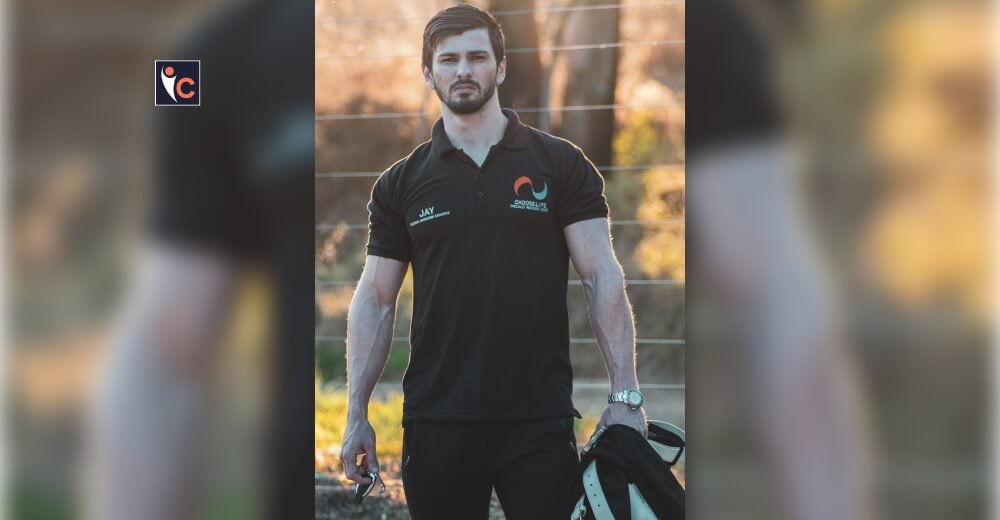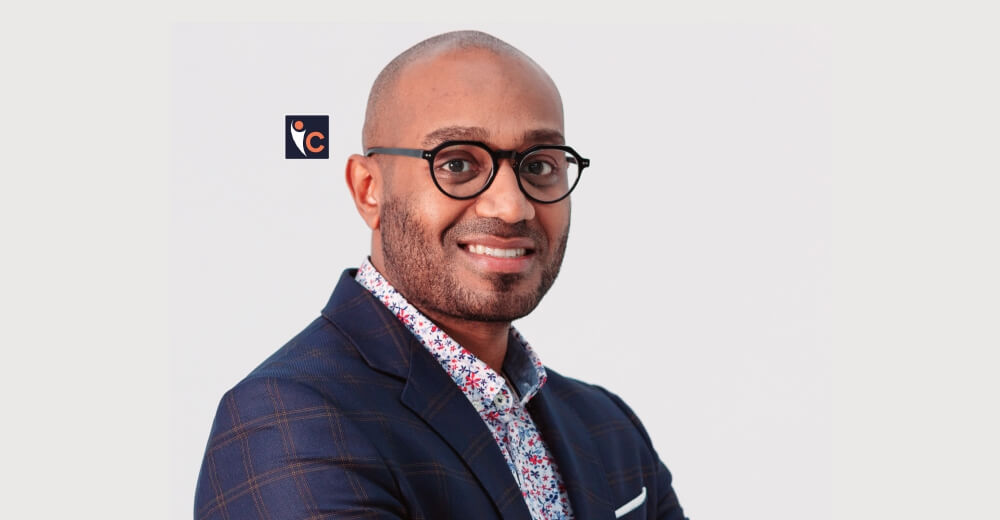As someone who has walked the long, gruelling path of addiction recovery, I’ve come to understand that the journey is not linear, nor is it solitary. Recovery isn’t just about fixing what’s broken within us—it’s about rediscovering ourselves, building a life worth living, and surrounding ourselves with the right kind of support.
My own story began in a place of curiosity and pain, born from a life that shifted dramatically as I moved from an environment of poverty into a high-class social scene where cocaine and alcohol were more readily available than guidance or boundaries. Growing up, I stayed disciplined, steering clear of substances, but life’s trials—watching my father face what seemed like certain death and grappling with unanswered questions about my identity—eventually brought me to a dark place. Cocaine and alcohol became the tools I used to cope, and over time, they became chains I couldn’t break.
Yet, through recovery, I learned that my story is not unique. In fact, it was the stories of others—those I met in treatment, who were fighting battles of their own—that truly opened my eyes to the power of connection.
The Role of Fellow Service Users in Recovery
Therapists, counsellors, and professionals undoubtedly play a crucial role in recovery, but it’s the peers you meet along the way who often have the most profound impact. In my time at a rehabilitation facility, I met people whose stories were as raw and complex as my own—people who had experienced pain I couldn’t imagine and yet were finding ways to push through.
The beauty of these relationships lies in their authenticity. There’s no pretence in a room full of people laying their struggles bare. You see yourself reflected in them—the same fears, the same struggles—and you realize two things: you are not alone, and your problems, while significant, are not insurmountable.
These peers don’t have all the answers, and neither do you. But the lessons shared—whether it’s how someone found the courage to face their fears or the unique tools they’ve used to rebuild their lives—become a source of inspiration. Just as people look to successful figures in society for guidance on achieving their goals, those in recovery can learn from one another’s triumphs, no matter how small they may seem.
Boundaries with Peers: A Double-Edged Sword
One of the hardest lessons I learned is that not every connection formed in recovery is meant to last. Staying close to those who were with you in treatment can be both a blessing and a risk. While shared experiences can create a strong bond, these relationships can also become a crutch, or worse, a trigger.
The key is discernment. I’ve found that it’s often wiser to part ways after treatment, not out of judgment but out of self-preservation. Recovery is deeply personal, and sometimes, the best way to support each other is from a distance.
The Challenges of Post-Treatment Recovery
Leaving a treatment facility is one of the most challenging aspects of recovery. You step out into the world equipped with new tools, but the world hasn’t changed. The toxic environments, the “friends” you thought you knew, the triggers—they’re all still there, waiting.
For me, this was a time of reckoning. Sitting alone in my thoughts, I realized something chilling: I didn’t have a single friend I truly knew sober. This revelation pushed me to set boundaries immediately. I had to sever ties with anyone and anything that could jeopardize my sobriety.
Starting fresh isn’t easy, but it’s necessary. And in many ways, it mirrors the experience of recovery itself. At rehab, we become like children again, rediscovering the basics of life—how to have fun, how to express ourselves, how to live without substances. Embracing this inner child became my guide.
Finding New Connections
When I thought about the happiest times of my life, they were often connected to sports. Growing up, sports gave me a sense of belonging and purpose, and I decided to return to that world. I surrounded myself with people who prioritized fitness, discipline, and growth—people who didn’t have time to poison their bodies with substances.
The same principle applies to any passion or interest. Whether it’s art, music, fitness, or faith, these pursuits naturally bring you into contact with like-minded individuals who can become your new support network.
For me, faith became another cornerstone. Finding a spiritual community wasn’t easy at first—I feared judgment and questioned my worth. But I quickly learned that faith, at its best, is about grace. It’s about learning that it’s okay to make mistakes, to feel broken, and to try again. In that space, I found not just support but also peace.
Giving Back: A New Purpose
One of the most transformative parts of my recovery has been finding a way to give back. I decided to work at a recovery center, stepping into the same world that had saved me. Helping others navigate their own journeys keeps me grounded and reminds me of the tools I need to practice daily.
Being part of this work means witnessing the full spectrum of humanity—the struggles, the resilience, the breakthroughs. It’s humbling to see someone walk through the door at their lowest point and leave weeks later with hope in their eyes. And there’s nothing quite like crossing paths with someone years later and seeing how far they’ve come.
The Inner Child: A Guiding Light
If there’s one lesson I hope to share, it’s this: never lose sight of your inner child. Recovery is a return to that version of yourself—the curious, playful, hopeful version who believed in endless possibilities. That child is still in you, waiting to explore the world, make friends, and dream big.
Support is all around us if we know where to look. It’s in the people we meet, the passions we rediscover, the faith we cultivate, and the lives we touch. Recovery isn’t just about surviving—it’s about thriving. It’s about finding joy, purpose, and connection in a way that feels true to who you are.
And for anyone reading this who is struggling, know this: it’s okay to not be okay. Reach out, embrace your inner child, and take the first step. The support you need might be closer than you think.
About the Author: Jared Elliott
Jared Elliott is the Chief Operations Officer of a leading addiction recovery centre in KwaZulu-Natal, South Africa. A recovering addict himself, Jared battled a cocaine and alcohol dependency that stemmed from a difficult chapter in his life, marked by personal loss, unanswered questions, and identity struggles. Through the transformative power of rehabilitation, he found a new purpose in helping others navigate their own recovery journeys.
Today, Jared is dedicated to fostering strong support networks for those battling addiction and mental health challenges, drawing on both his personal experiences and his professional work to inspire change and hope.










